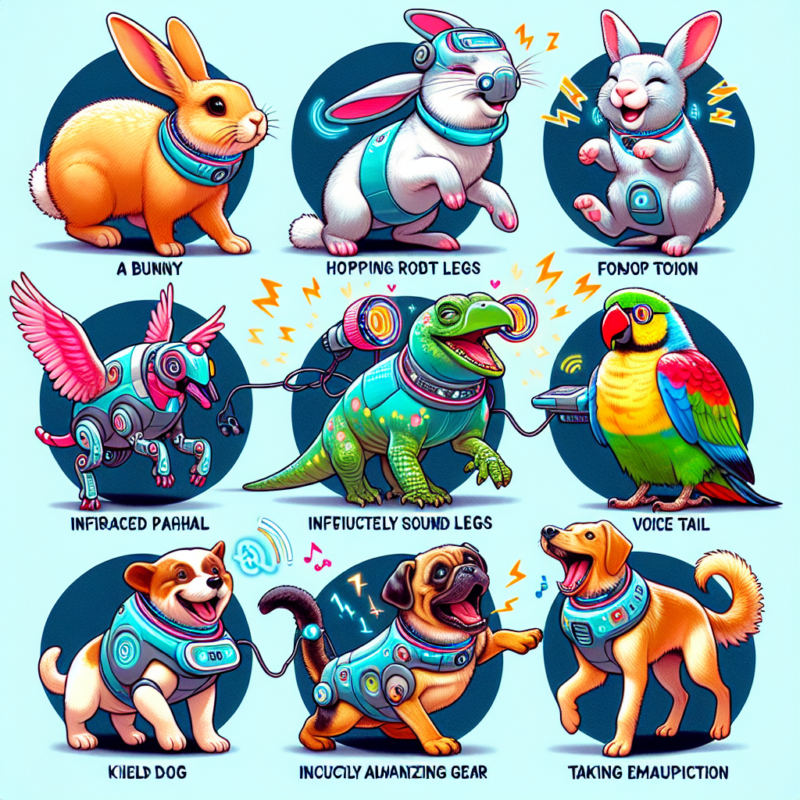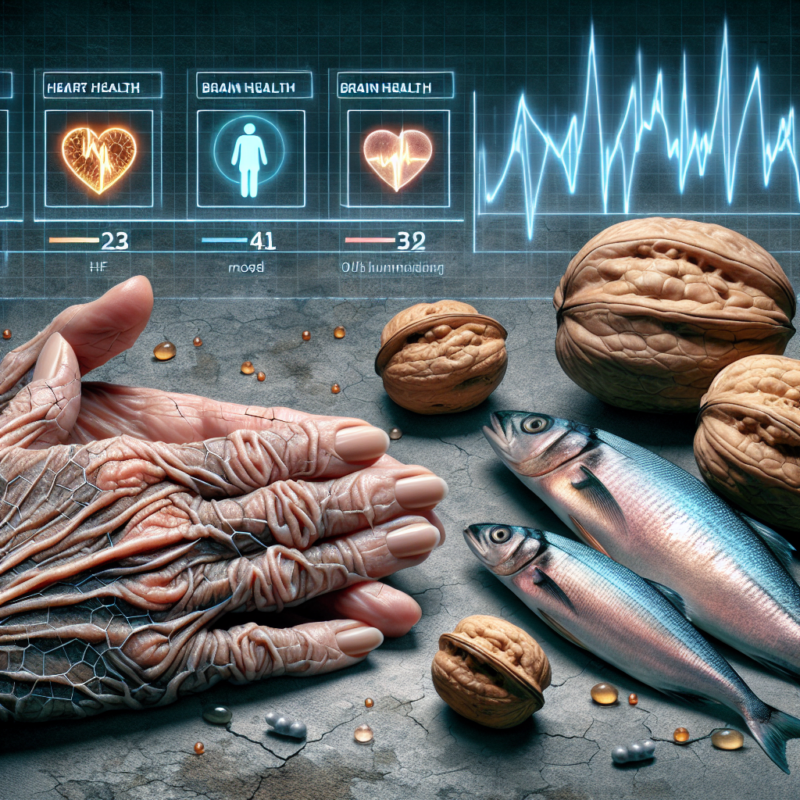“Discover the 3 Jobs AI Can’t Touch, According to Bill Gates”
Bill Gates believes AI is a powerful tool for solving problems in health and education, but won’t replace coders, biologists, and energy experts.
“
Bill Gates on the Future of AI
When it comes to artificial intelligence (AI), Bill Gates is optimistic about its potential to revolutionize various industries. In a recent statement, Gates highlighted AI’s ability to tackle complex issues and revolutionize sectors like healthcare and education.
However, Gates also noted that AI is unlikely to replace professionals in fields like coding, biology, and energy. He emphasized that these professions require a level of creativity and nuanced thinking that AI lacks. Gates believes that while AI can augment and enhance the work of these professionals, it cannot entirely replace them.
Gates’ comments shed light on the evolving role of technology in our society and the potential impact of AI on different sectors. As AI continues to advance, it will be crucial for professionals to adapt and enhance their skills to work alongside these powerful technologies.
—
Tips for Maximizing AI in Your Industry
Interested in harnessing the power of AI in your industry? Here are some tips to help you maximize the potential of artificial intelligence:
1. Understand Your Industry Needs: Before incorporating AI into your processes, take the time to assess your industry-specific challenges and requirements. This will help you tailor AI solutions to address your unique needs effectively.
2. Invest in AI Education and Training: To fully leverage AI tools and technologies, it’s essential to invest in education and training for your team. Ensure that your employees have the necessary skills to work with AI systems and extract maximum value from them.
3. Collaborate with AI Experts: Consider partnering with AI experts and consultants to guide you through the implementation process. Working with professionals who have specialized knowledge in AI can help you navigate the complexities of integrating AI into your industry.
4. Start Small and Scale Up: Begin by implementing AI in small, manageable projects to test its effectiveness and identify areas for improvement. Once you have a solid foundation, gradually scale up your AI initiatives to drive greater impact across your organization.
—
The Role of AI in Healthcare
In the healthcare sector, AI has the potential to revolutionize patient care, diagnostics, and treatment methods. Here are some key ways in which AI is transforming the healthcare industry:
– Enhanced Diagnostics: AI-powered tools can analyze vast amounts of data to identify patterns and trends that may signify health issues. This can lead to earlier and more accurate diagnoses, improving patient outcomes.
– Personalized Treatment Plans: AI algorithms can analyze patient data to create personalized treatment plans based on individual health profiles. This tailored approach to healthcare can lead to more effective treatments and better patient satisfaction.
– Predictive Analytics: AI can be used to predict health trends and potential outbreaks, enabling healthcare providers to proactively address issues before they escalate. This predictive capability can help save lives and reduce healthcare costs.
– Remote Monitoring: AI-powered devices can monitor patients remotely, providing real-time data on their health status. This allows for early intervention in case of emergencies and improved management of chronic conditions.
As AI continues to advance, it will be exciting to see how these innovations transform the healthcare landscape and improve patient care worldwide.
—
Looking Ahead: AI and Education
In the field of education, AI has the potential to personalize learning experiences, improve student outcomes, and enhance teacher efficiency. Here are some ways in which AI is reshaping the education sector:
– Personalized Learning: AI algorithms can analyze student data to create personalized learning paths tailored to individual needs and learning styles. This adaptive approach to education can help students reach their full potential.
– Automated Grading: AI-powered tools can automate grading and assessment tasks, freeing up teachers to focus on providing personalized feedback and support to students. This can streamline the grading process and improve the overall learning experience.
– Virtual Assistants: AI chatbots and virtual assistants can provide immediate support to students and teachers, answering questions, providing resources, and guiding users through educational materials. This can enhance student engagement and learning outcomes.
– Data Analysis: AI tools can analyze educational data to identify trends, patterns, and areas for improvement. This data-driven approach to education policy and decision-making can help educators make informed choices to enhance the overall quality of education.
As AI continues to evolve, it will be fascinating to see how these innovations shape the future of education and create more effective learning environments for students and educators alike.
In conclusion, Bill Gates’ remarks on AI highlight the vast potential of artificial intelligence to transform various industries while also emphasizing the importance of human creativity and expertise in fields that require nuanced thinking. As AI continues to advance, it will be essential for professionals to adapt and collaborate with these technologies to drive innovation and progress in their respective sectors.
Published on: 2025-03-28 15:05:00 | Author: TOI Lifestyle Desk
🔗 You may also like: More posts in










